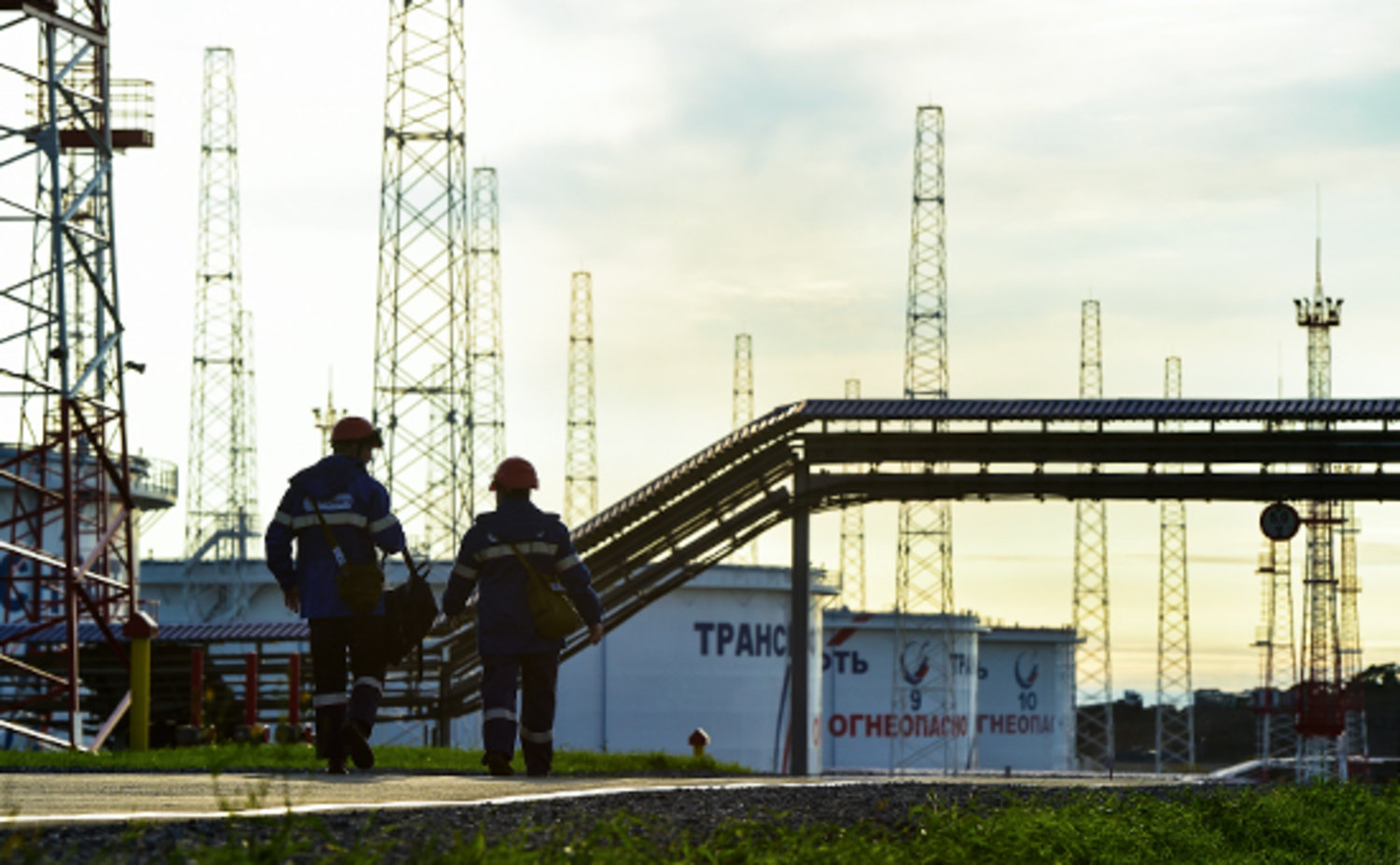Due to absence of oil supply agreement Belarus’ forecast for 2017 could be failed
 The situation has not changed
The situation has not changed

Belarus is attempting to reintroduce higher tariffs on the Russian oil transit as an argument in the gas and oil dispute with Russia. Financial and reputational losses from the dispute have already exceeded the benefits from the conflict prolongation, and the absence of solution may lead to problems with the implementation of Belarus’ development plans for 2017.
Belarus intends to increase transit costs for the Russian oil through Belarus in 2017 by 20.5%. This step is yet another attempt to resolve the oil and gas dispute with Russia. Due to incomplete procedures regarding additional terms to the new agreements on gas supplies (the price of natural gas for Belarus may be reduced from USD 136 to USD 100 per 1000 cubic metres) and the lack of due payments for previous deliveries (USD 300 million in total), Russia carries out reduced oil supplies to the Belarusian refineries.
Belarus’ attempt to increase the transit tariff is yet another attempt to strengthen the negotiating position in the dispute with Russia over the terms of gas and oil supplies. As regards oil, Russia insists on the compliance with the commitments on counter-supply of gasoline and the reduction in tariffs for processing Russian oil, and Belarus – on reducing prizes for Russian companies for the oil supply. In early October 2016, Belarus unilaterally doubled the oil transit tariff. In a week, the parties reached an agreement on the terms of debt repayment, after which oil supplies would be resumed in the higher volume. As of early November 2016, the debt was still circa USD 300 million, i.e. Belarus did not confirm the intention to repay the debt with a transaction, hence, Russia did not resume the oil supply in set volumes.
The only advantage for Belarus to delay the payment for gas is that it preserves her international reserves. As of November 1st, 2016, Belarus’ international reserves totalled USD 4.8 billion. In order to meet commitments within the credit programme with the EFSR, as of January 1st, 2017, Belarus’ international reserves should be at least USD 4.9 billion. Amid negative trends in Belarus’ international trade, if she makes the payment of USD 300 million, she may be unable to meet the EFSR requirement on the key date, which may lead to the suspension of the remaining tranches. Due to curtailed oil supply to Belarus, Russia may save circa USD 400 million (an equivalent of 5 million tons of oil), while Belarus will lose a lion’s share of foreign exchange earnings. In addition, her ability to mitigate rouble exchange rate fluctuations will be reduced, and she will suffer reputation losses as a consumer country, which does not pay for the delivery of products at prices below market rates.
Further delay with the settlement is likely to delay the resumption of oil supply in agreed volume, to lead to budget losses from uncollected petrochemical duties, to reduce petrochemicals production, and finally, Russia may adjust possible compensation for gas supplies. As a result, Belarus’ forecast with 1.7% economic growth in 2017 could be in jeopardy and the currency shortage may prompt the authorities to search for additional sources to service the increased public debt in 2017.
Overall, the transit tariff for Russian oil is one of the few arguments Belarus can use to improve her position in the oil and gas dispute with Russia. Belarus is prompted to find additional external sources to repay the gas debt, so as the delay with the settlement of the oil and gas dispute could derail Belarus’ socio-economic development plans in 2017.
Subscribe to our newsletter




Situation in Belarus
Constitutional referendum: main consequences


 Video
Video
How to count the political prisoners: are the new criteria needed?


 Video
Video
Paternalism In Decline, Belarusian Euroscepticism, And The Influence Of Russia


 Video
Video












